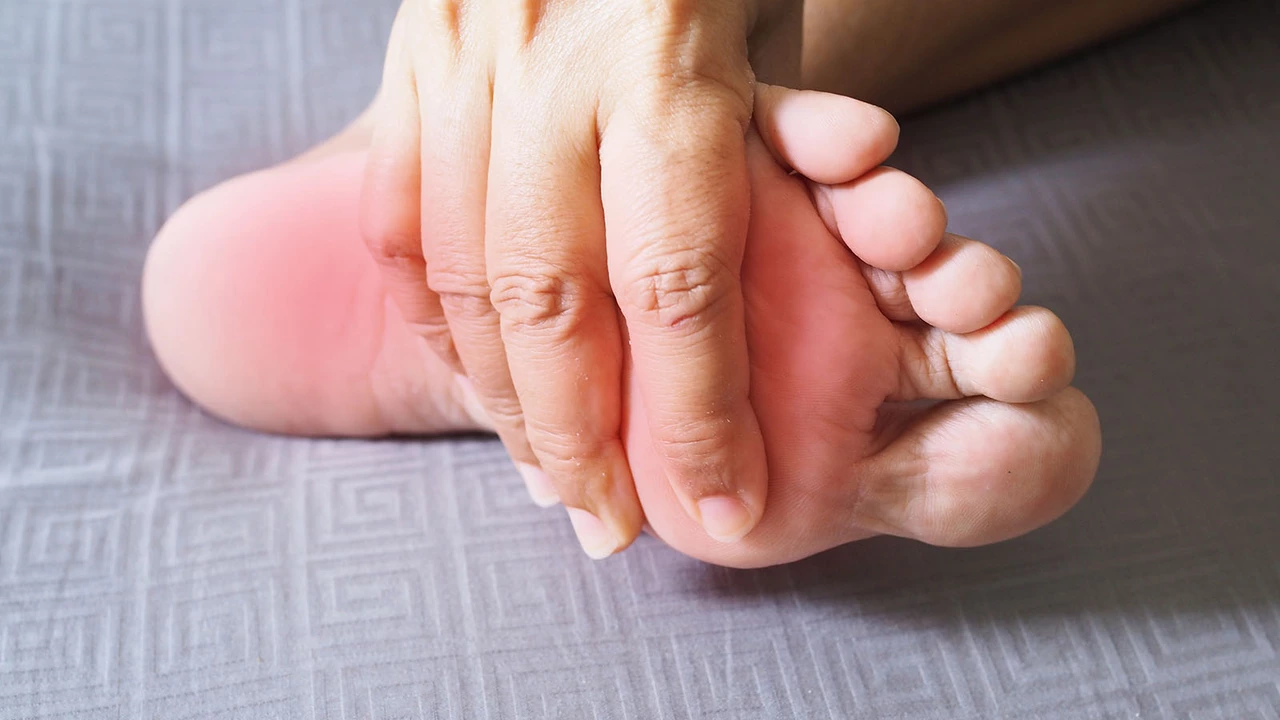Numbness Causes: What’s Behind the Tingle?
If a part of your body feels dead, prickly, or just off, you’ve probably experienced numbness. It’s a signal that something isn’t right, but the exact reason can be hard to pin down. The good news is most causes are easy to spot and often fixable with a few changes. Below we break down the most common culprits so you can figure out what’s happening and what to do next.
One of the biggest reasons for numbness is nerve compression. When a nerve gets pinched by bone, muscle, or even swelling, the messages it carries get blocked and you feel a loss of feeling. Carpal tunnel syndrome is a classic example – the median nerve gets squeezed at the wrist, leading to numbness in the thumb and fingers. A herniated disc in the lower back can press on spinal nerves, causing numbness down the leg. Shifting your posture, taking breaks, or using ergonomic tools can often relieve the pressure.
Blood flow matters a lot too. If circulation is poor, the nerves don’t get enough oxygen and nutrients, and they start to misfire. Sitting on your legs for a long time, wearing tight shoes, or having conditions like peripheral artery disease can all limit blood flow. You’ll usually notice the numbness gets worse when you’re still and improves when you move around. Simple tricks like stretching, walking, or loosening tight clothing can boost circulation and clear the pins and needles.
Nutrition and medical conditions play a hidden role. A lack of vitamin B12, for instance, can damage the protective coating of nerves, leading to numbness in the hands and feet. Diabetes is another major player – high blood sugar can hurt nerves over time, a problem known as diabetic neuropathy. Thyroid issues, alcoholism, and certain medications can also trigger similar symptoms. Getting a quick blood test, eating fortified foods, or adjusting medication under a doctor’s guidance can help reverse the numbness if it’s linked to these factors.
Common Everyday Triggers
Even everyday habits can set off numbness. Sleeping with your arm under your head, leaning on one leg for hours, or using a phone for long periods can compress nerves or cut off blood flow. Cold temperatures make blood vessels narrow, which can also cause a temporary loss of feeling. If you notice a pattern—like numbness after a long video‑call or after a cold jog—changing how you sit, taking micro‑breaks, or wearing warmer socks can make a big difference.
When to Seek Professional Help
Most occasional tingles go away on their own, but you should see a doctor if the numbness lasts more than a few days, spreads, or comes with weakness, pain, or loss of coordination. Sudden numbness on one side of the body could signal a stroke, which needs emergency care. Persistent numbness linked to diabetes, thyroid disease, or unexplained weight loss also warrants a medical check‑up. A health professional can run nerve tests, blood work, or imaging to pinpoint the exact cause and recommend treatment.
Bottom line: numbness is often a simple warning sign that you can address with better posture, movement, and nutrition. Keep an eye on how often it happens, what you were doing beforehand, and whether other symptoms appear. With a few lifestyle tweaks you’ll likely feel the “pins and needles” fade away, and if not, a quick visit to the doctor will get you the right diagnosis.
